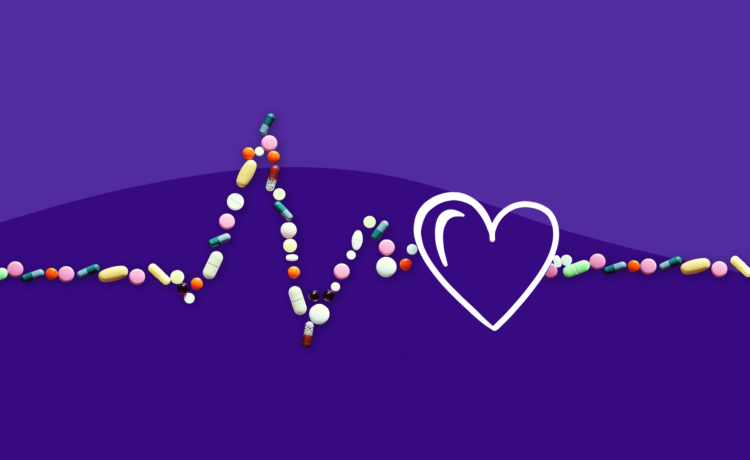Introduction –
Seventy percent of adults over the age of 65 in the United States take a multivitamin or another vitamin or mineral supplement on a regular basis. The total cost exceeds $12 billion annually, which may be better spent on nutrient-dense foods like fruit, vegetables, whole grains, and low-fat dairy products, according to nutrition experts. In an editorial titled “Enough Is Enough:” published in the journal Annals of Internal Medicine, a senior male browses the vitamin aisle. Stop Wasting Money on Vitamin and Mineral Supplements,” researchers looked at supplements research and found three recent studies: A review of 450,000 studies revealed that multivitamins did not lower the risk of heart disease or cancer. Multivitamin use did not reduce the risk of mental declines like memory loss or slowed thinking, according to a 12-year study of 5,947 men’s mental functioning and supplement use.
Researchers Views –
Plus, check online le-vel thrive reviews here in the link referenced. A 55-month study involving 1,708 heart attack survivors who took either a high-dose multivitamin or a placebo. The two groups had comparable rates of deaths, heart surgeries, and subsequent heart attacks. Do you need a vitamin every day? Edgar Miller III, a physician, can provide the response. The Verdict on the Vitamins The researchers came to the conclusion that taking multivitamins does not lower a person’s risk of developing heart disease, cancer, cognitive decline (such as memory loss and slowed thinking), or dying young. They also mentioned that vitamin E and beta-carotene supplements appear to be harmful in previous studies, especially when taken in large quantities.
Vitamins for Pregnant Women –
Pills are not a shortcut to better health and the prevention of chronic diseases.” Other sustenance suggestions have a lot more grounded proof of advantages — eating a sound eating regimen, keeping a solid weight, and decreasing how much immersed fat, trans fat, sodium and sugar you eat. The one exception is supplemental folic acid for pregnant women. When women take folic acid before and during their first trimester of pregnancy, it prevents neural tube defects in babies. That’s why young women should take multivitamins. Daily intake of 400 micrograms of folic acid is recommended by the Centers for Disease Control and Prevention for all women of reproductive age. Appel adds that a multivitamin’s iron content may also be beneficial to women who are pregnant.
Lowering the Heart Disease Risk –
To get the vitamins, minerals, and other nutrients you need, try to eat three healthy meals a day. Plenty of vegetables. Whole grains and low-fat dairy. Calcium, magnesium, potassium, and other nutrients can be found in low-fat or fat-free milk and yogurt, he claims. Side dishes, cereals, breads, and other foods made with whole grains can help you digest food better and reduce your risk of heart disease, type 2 diabetes, and cancer. Saturated fat: a type of fat that is abundant in ice cream, butter made with whole milk, full-fat cheese, fatty meats, the skin of poultry, and palm and coconut oils. Your bloodstream levels of the heart-threatening LDL cholesterol are increased by saturated fat. Additionally, it may hinder your body’s ability to quickly absorb blood sugar. Saturated fat consumption can lower your risk of heart disease.

